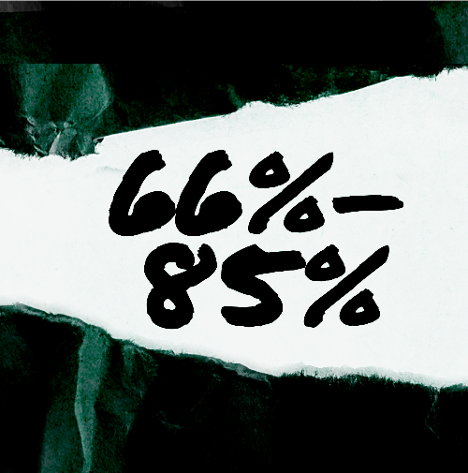
Keynote Description
In this interactive session, we considered the notion of psychological trauma–why it happens and how it impacts our body and brain? We examined the connections between stress and trauma and how stress can become traumatic when not managed. We examined the neuroscience of traumatic stress and its impact on our ability to engage, connect, and learn. We reflected on the questions of how we will welcome our students and colleagues to our institutions and classrooms this fall and beyond? What can we, educators, possibly do to help attend to their mental health and ameliorate their exhaustion and distress, while at the same time, intentionally engaging in self-care? Last, we examined the principles, notable misconceptions, and practical examples of trauma-informed care, and reflected on the connections between trauma-informed education, healing, and restorative justice.
Prior to the pandemic, most students were already dealing with the ramifications of traumatic experiences. The following statistics were compiled by Dr. Shannon Davidson and presented in Education Northwest’s
Trauma-Informed Practices for Postsecondary Education: A Guide. Read the full guide here.

66% to 85% of youth report lifetime traumatic event exposure, with many reporting multiple exposures by the time they reach college.
[1]

60% of adults have reported experiencing abuse or other difficult family circumstances during childhood.[2]

Up to 50% of college students are exposed to a potentially traumatic experience in the first year of college.[3]
Because the pandemic has created a situation where every student in your class is now dealing with trauma, research on trauma-informed teaching has become even more relevant. You, too, are teaching and working in the midst of a trauma, and while this event focused on teaching practices, we also hope it provided a space to think about how this research can inform how we’re approaching our working lives in this phase of the pandemic.
Keynote Speaker
 Mays Imad
Mays Imad is a neuroscientist and professor of Pathophysiology and Biomedical ethics at Pima Community College, the founding coordinator of Pima Community College’s the Teaching and Learning Center (TLC), and a Gardner Institute Fellow. Dr. Imad is an AAC&U Senior Fellow within the Office of Undergraduate STEM Education. Dr. Imad’s current research focuses on stress, self-awareness, advocacy, and classroom community, and how these impact student learning and success. Through her teaching and research, she seeks to provide her students with transformative opportunities that are grounded in the aesthetics of learning, truth-seeking, justice, and self-realization.
Outside of the classroom, Dr. Imad works with faculty members across disciplines at her own institution and across the country to promote inclusive, equitable, and contextual education–all rooted in the latest research on the neurobiology of learning. A nationally recognized expert on trauma-informed teaching and learning, she passionately advocates for institutions to make mental health a top priority and to systematically support the education of the whole student.
Mays received her undergraduate training from the University of Michigan–Dearborn where she studied philosophy. She received her doctoral degree in Cellular & Clinical Neurobiology from Wayne State University School of Medicine in Detroit, Michigan. She then completed a National Institute of Health-Funded postdoctoral fellowship at the University of Arizona in the Department of Neuroscience. She joined the department of life & physical sciences at Pima Community College in Tucson, Arizona as an adjunct faculty member in 2009 and later as a full-time faculty member in 2013.
Agenda
10:00-10:10 am
|
Welcome
|
|
10:10 - 11:30 am
|
Keynote
|
11:30 - 11:55 am
|
Breakout Rooms
|
11:55 - 12:00 pm
|
Wrap-up
|
[1] Read et al., “Rates of DSM–IV–TR Trauma Exposure and Posttraumatic Stress Disorder among Newly Matriculated College Students." Psychological Trauma: Theory, Research, Practice, and Policy 3, no. 2, 2011, pp. 148–156.
[2]National Center for Mental Health Promotion and Youth Violence Prevention. Childhood Trauma and Its Effect on Healthy Development. 2012.
[3] Galatzer-Levy et al., “Coping Flexibility, Potentially Traumatic Life Events, and Resilience: A Prospective Study of College Student Adjustment.” Journal of Social and Clinical Psychology 31, no. 6, June 2012, pp. 542–67.